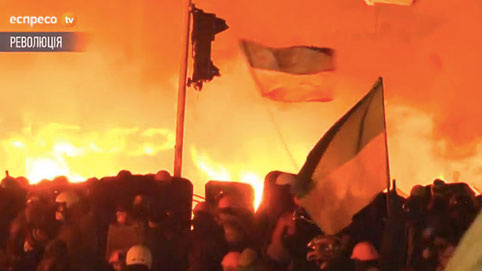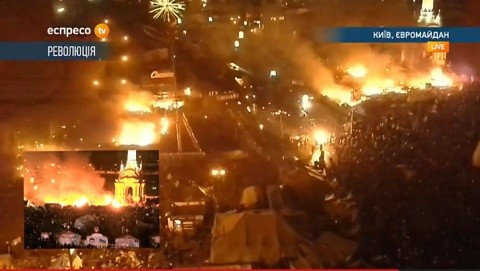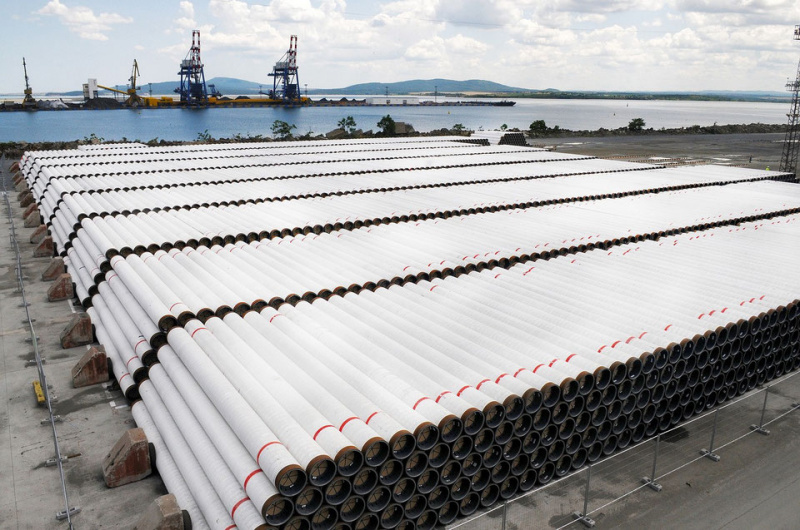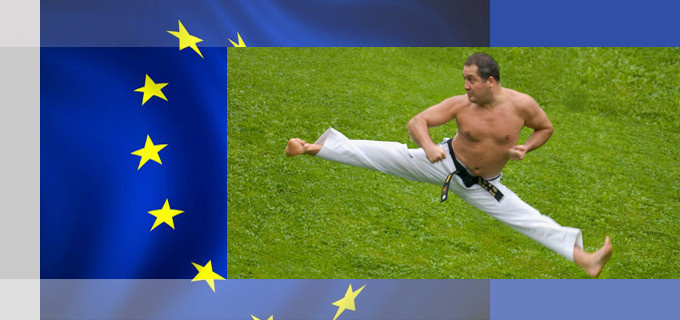The article was originally published in the World Policy Journal, which asked a European panel of experts how Europe identity crisis is affecting their corner of the continent and what their countries need to remain viable.
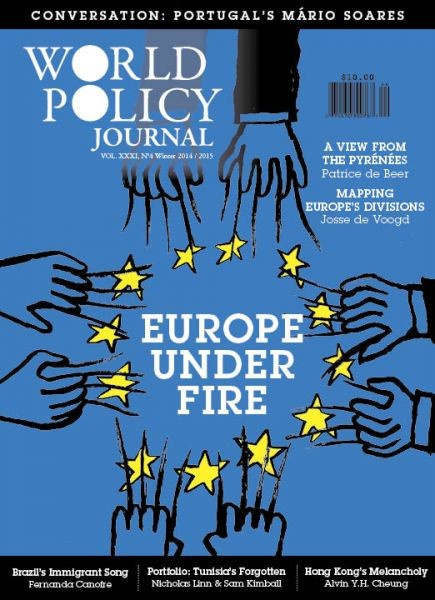 Which flag should Bulgaria raise, which bloc should it follow—the European Union or Russia?
Which flag should Bulgaria raise, which bloc should it follow—the European Union or Russia?
This is the question Bulgaria faced with painful acuteness as it was caught in the political crossfire of the most perilous crisis in East-West relations since the end of the Cold War. The political leadership of the poorest EU member state, which was once the most loyal satellite of the Soviet Union, now finds itself trapped between Moscow and Brussels. The left-leaning parties seek to turn Bulgaria into a backdoor for Russian interests—a Trojan horse in the EU. The right- leaning parties lay all the blame on Putin’s servants in Bulgaria.
The new wave of political instability repels foreign investors and dashes Bulgarians’ hopes that their leaders will be able to solve the most acute problems plaguing the country—corruption, rising prices, and unemployment. Can a stable and viable government be built on such weak foundations? That may prove to be a most difficult task to achieve in the next few years.
Bulgaria needs broad support from the European Parliament abroad and its public at home for the most painful social and financial issues, such as cracking down on oligarchic and mafia-like structures, taking a tough stance against corruption, including charging senior politicians and others with graft, and promoting the country’s inherent advantages, including a low-cost labor pool and valuable natural resources. Most importantly, Bulgaria still needs to clearly define its identity on a global scale.
There is some good news, though. First, the failure of the political elite to put the house in order has shaken Bulgarians out of their inertia and reform-fatigue. Second, omertà, the code of silence, has been broken. Both are essential for any government and society to stay viable.
 Which flag should Bulgaria raise, which bloc should it follow—the European Union or Russia?
Which flag should Bulgaria raise, which bloc should it follow—the European Union or Russia?
